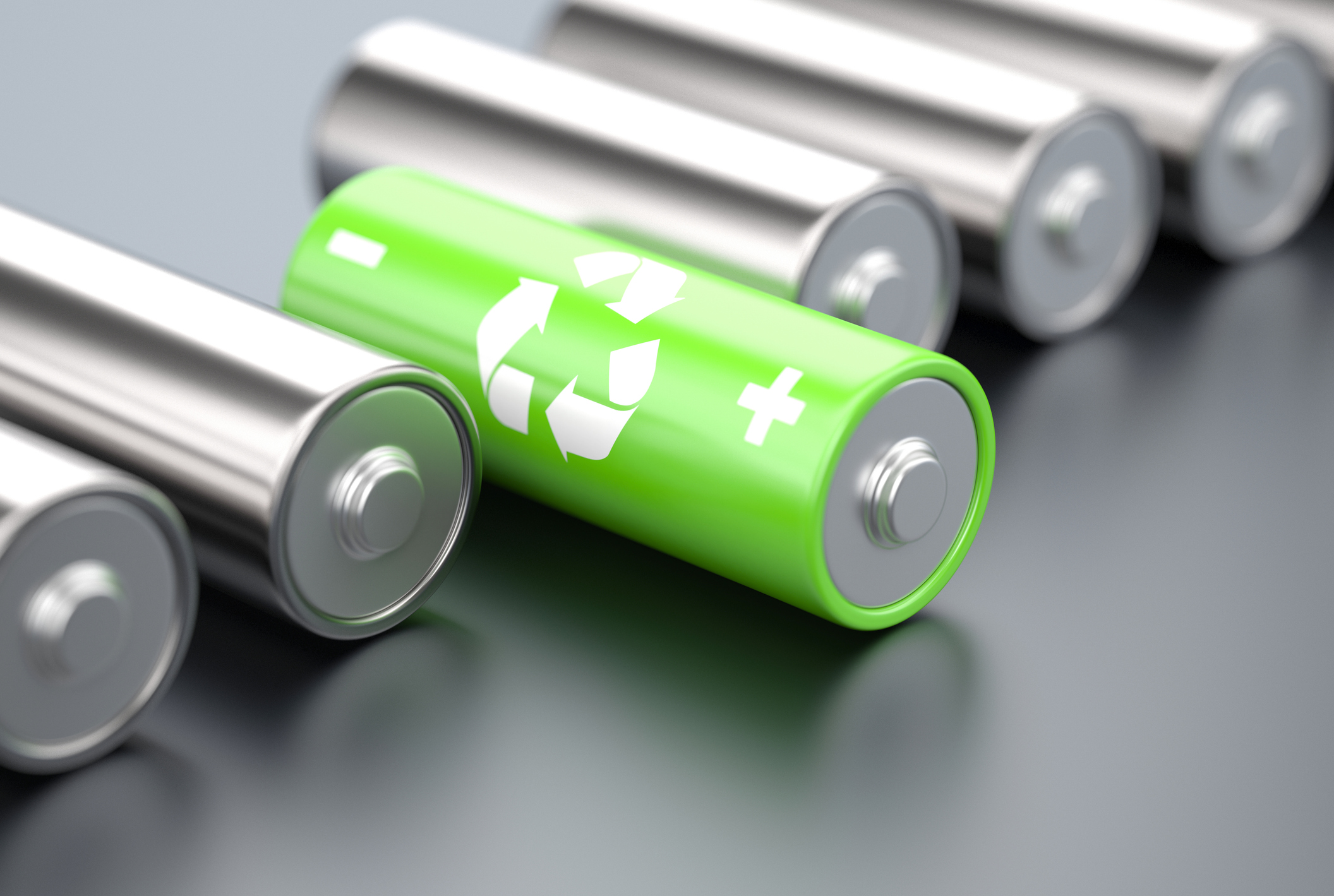Connecticut Passes Landmark Battery Recycling Law

Governor Ned Lamont has signed into law Public Act 25-34, a new statewide extended producer responsibility (EPR) program aimed at improving battery recycling and reducing fire hazards, according to multiple reports. The legislation, formerly known as House Bill 5019, was enacted on June 10 and shifts the responsibility for battery waste management from taxpayers to producers.
As reported, the new law mandates that battery manufacturers fund and operate a collection and recycling system for batteries sold within the state. The measure targets a range of battery types, including single-use and rechargeable consumer batteries, as well as medium-format batteries found in products such as laptops, remote controls, power tools, e-bikes, and electric scooters.
According to the Housatonic Resources Recovery Authority, the new framework is designed to support safer and more sustainable battery disposal practices for communities across Connecticut. Executive Director Jennifer Heaton-Jones noted that the legislation provides critical infrastructure for managing modern battery waste responsibly.
Under Public Act 25-34 requires producers—via a battery stewardship organization—must:
- Fund the battery recycling system.
- Submit a state-approved battery collection and recycling plan to the Connecticut Department of Energy and Environmental Protection (DEEP) for approval.
- Provide free and convenient drop-off locations statewide.
- Ensure safe handling, transport, and recycling of batteries, including damaged or defective units.
- Conduct a coordinated statewide public education and outreach program.
An initial stewardship plan is due in 2026, with full program implementation required by January 1, 2027.
According to the Product Stewardship Institute (PSI), which has played a key role in shaping EPR policy nationally, Connecticut’s law builds on more than two decades of stakeholder collaboration. A pivotal national meeting hosted by PSI and DEEP in Hartford in 2014 is credited with accelerating support for unified battery legislation. That event brought together more than 130 representatives from government, industry, and environmental organizations.
“Connecticut’s new law is a result of persistent leadership and cross-sector cooperation,” said Scott Cassel, CEO and Founder of PSI. “That initial meeting in Hartford, Connecticut in 2014 was a turning point—setting the stage for the national momentum we’re seeing today.”
Reports indicate that fires caused by improperly disposed batteries have resulted in serious safety incidents and operational costs for waste facilities across the U.S. EPR laws such as this one are seen as a critical step toward reducing those hazards and recovering strategic materials like lithium, cobalt, and manganese.
With this new legislation, Connecticut became the eighth U.S. state to enact an EPR law for batteries and now counts seven EPR laws in total—further cementing its leadership in environmental policy.
Source: Product Stewardship Institute






